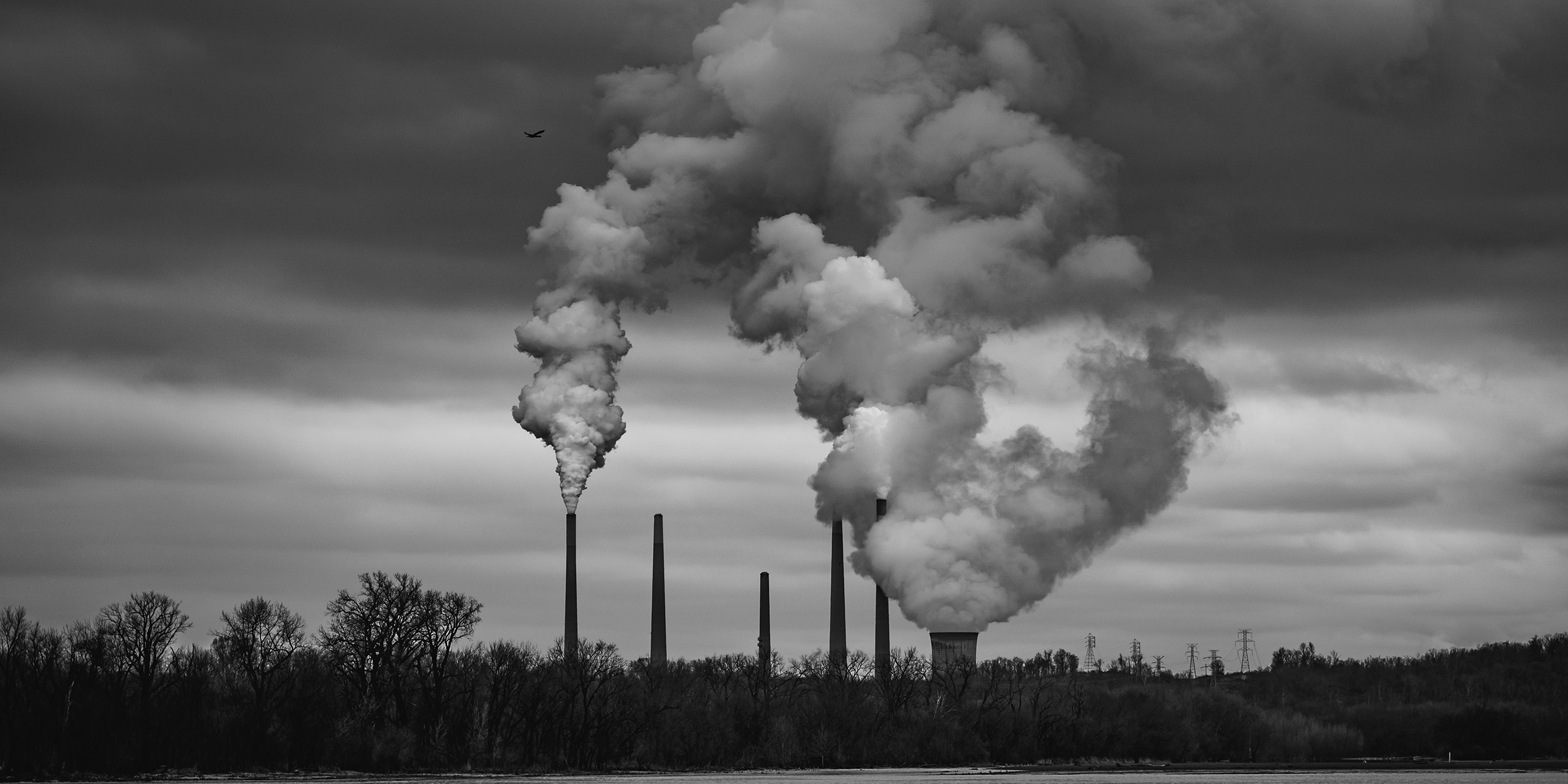Originally published 26 March 2002
We have no shortage of gurus willing to lead us into the environmental future.
They range from doom-and-gloomers who foresee imminent global catastrophe — melting icecaps, flooded cities, mass species extinctions, disease, and starvation — unless we turn our backs on our consumerist, technological lifestyles and adopt the pastoral “restraint” of our ancestors, to right-wing, think-tank economists and radio talk-show hosts who believe the “environmental crisis” is an invention of tree-hugging wackos, and that any problems caused by unfettered economic growth can be solved by technology.
Needless to say, there are bits of truth buried in the rhetoric at both ends of the spectrum, and certainly democracy thrives on dissent. Yet every open-minded person who has listened to the debate knows the environmental crisis is real (it has been with us since the dawn of human consciousness), and that it behooves our best interests as a species to adjust our behaviors accordingly.
But how? We need our gurus. For my money, the best is Harvard biologist Edward O. Wilson, author of the recently published The Future of Life (2002).
Wilson has several characteristics I look for in a guru:
- He’s smart. A biologist of world stature and recipient of many of the world’s leading prizes in biology and conservation.
- He understands the way life works. Wilson spent most of his professional career studying ants and other teeming creatures that inhabit the middle of the food chain. For him, the environmental crisis is not defined by pandas, koalas, and baby seals, but by a continuum of interacting and interdependent organisms that ranges from great blue whales to bacteria.
- He listens. In The Future of Life, as in his other works, he lets his adversaries have their say. Like any first-rate scientist, he gives all views a fair hearing.
- He’s a humanist, widely read in history, philosophy, and literature, a card-carrying empiricist without being a science nerd. He has twice won the Pulitzer Prize for his elegant prose.
- He’s an optimist. His optimism is based, I suspect, on his upbringing in the rural, born-again South, but also on his understanding of human nature, which is rooted, in Wilson’s view, in our biology. Our self-interests as a species, and the best interests of the planet, overlap sufficiently to give him hope that life’s future can be bright.
- He has no obvious personal axes to grind. As far as I can tell, Wilson is about as close as you get to a disinterested champion for life on Earth.
But enough gush. What about the book?
Start with the dangerous and ethically unsupportable disparities in wealth, health, and education between the richest and poorest peoples of the world. To bring everyone up to US levels of consumption with existing technology would require, Wilson says, the resources of four more planet Earths. The challenge before us is to mitigate the disparities without devastating the natural resources of the planet.
The wealth of the world measured by per-capita consumption is rising, but disparities between rich and poor are increasing, and any measure of prosperity that takes into account the condition of the biosphere is in decline. The rich get richer by living extravagantly on the planet’s natural capital; the poor struggle to make do in increasingly impoverished environments.
Wilson evokes as a telling example economist Colin W. Clark’s 1973 analysis of the economics of harvesting great blue whales, the largest animal that has ever lived and one of the easiest to kill. By the early 1970s, the population of blue whales had plummeted to several hundred individuals. The Japanese, especially, were eager to continue the harvest even at the risk of extinction.
Clark asked, what practice would yield the whalers the most money: Cease hunting and let the whales recover, then harvest them sustainably forever, or kill the remaining whales as quickly as possible and invest the profits in growth stocks? The distressing answer: Kill them and invest.
And here we come to the nub of Wilson’s argument. Sometime in this century, he says, if population can be stabilized, humanity can pass through an environmental “bottleneck” and find sustainable material prosperity for all with a reasonably intact biosphere. The big question is what kind of world do we want to find on the other side of the bottleneck. Will our descendants forgive us if in the interests of unrestrained present consumption we transmit a world without blue whales and a rich diversity of species and ecosystems?
Wilson makes compelling economic and scientific arguments for preserving biodiversity, but the force of his analysis rests on arguments that are ethical, esthetic, one might even say religious. It is possible (if barely) that we can have it all, he says, material prosperity and a vibrant biosphere. One detects in his guarded optimism a bit of the Southern Baptist preacher who promises a better life for all “in the sweet by and by” when we “meet on that beautiful shore.”



